Drama Schools
Below are links to most of the schools, listed in no particular order.
Things to consider when researching drama schools:
- Find out about each school’s individual ethos – what do they say makes them different?
- What’s the focus of the course training? What is their approach? What practitioners or training styles do they favour?
- What kind of training are you best suited for? E.g. if you particularly enjoy text, versus if you particularly enjoy devising / ensemble theatre. What visiting artists and companies do they get in?
- What is their support like and how well do they support their graduates? What percentage of graduates get agents and are employed in the industry?
- What’s been their response to the Black Lives Matter movement? How effectively are they supporting Black or minority students? Some schools have released public statements. What changes, if any, have they made?
- Who are some of their famous alumni?
- Who are their alumni from Generation Arts? Generally our staff and graduates have attended most places so it is worth asking Hayley her advice. In addition, some GA staff currently teach at different drama schools. Why not ask Lead Artists where they trained?
- You shouldn’t be paying for audition fees if you are from Generation Arts. But bear in mind if you apply independently you may have to pay their audition fees, which can range right up to £76 for the most expensive auditions (RADA). It can get complicated.
- You might be eligible for a full scholarship, but you have to ace the audition first. So focus on smashing your auditions and getting an offer before worrying about funding. If the school wants you enough they will find the funding!
- Location – think about where you would like to be based or travel to every day.
- There are pros and cons to training inside and outside London. It can be a clever idea to apply outside London e.g. in Manchester. You will receive specific training and meet artists from a smaller pool, be ‘released’ into the Manchester casting scene which can be quite specific but may also offer more employment opportunities if you are willing to stay there for a while. This works well for some but others prefer to stay on their home turf.
- Try to time your auditions for the start of the new year (Jan-April is a good time) so that you have the Autumn term to practise and get ready.
- Never turn down a free audition, even if you think you don’t like the school! It is a great opportunity to practise auditioning.
- Have a number of speeches ready, (more than the 2 asked for). This will prepare you for recalls and if the panel have seen 100 Hamlet’s already that day you can offer them a choice – which always goes down well!
- Try to attend a tour (or virtual tour) of the school ahead of your audition.
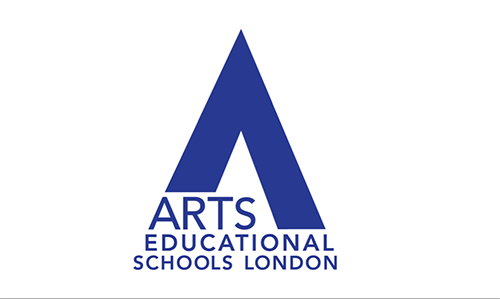
ArtsEd
Part-time and full-time Foundation courses, BA and MA courses in Acting. Scholarships including Dance and Drama Award (DADA) are available, and audition fee waivers.
Location: Chiswick
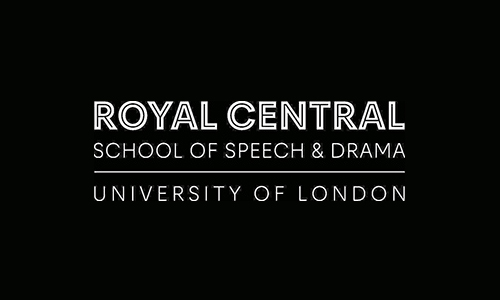
Royal Central School of Speech & Drama
Part-time and full-time Diplomas, Foundation, BA and MA courses in a wide array of areas including Acting, Collaborative & Devised Theatre, Applied Theatre, Creative Producing, Directing, Movement, Acting for Screen, Production Arts, Contemporary Performance Practice, Performance Arts, Technical Theatre and more. Scholarships and student finance are available, and audition fee waivers for all GA participants.
Location: Swiss Cottage

Guildhall School of Music & Drama
BA and MA courses in Acting as well as short courses and summer programmes. Various supported application schemes which GA can help with.
Location: Barbican
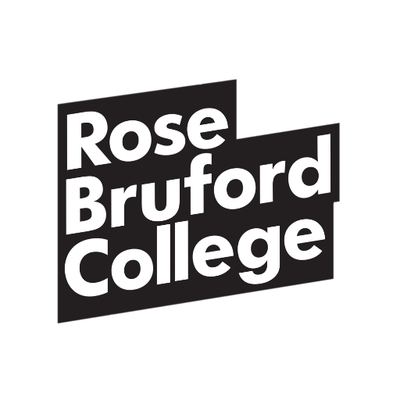
Rose Bruford College
Part-time and full-time Foundation courses and Diplomas, BA and MA courses in Acting, Actor Musicianship, American / European Theatre Arts, Theatre & Social Change and Ensemble.
Location: Sidcup
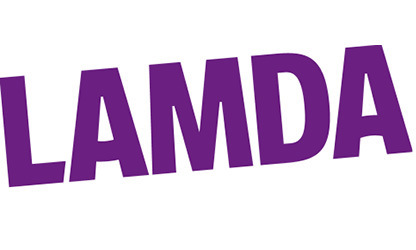
LAMDA
Part-time and full-time Diplomas, Foundation, BA and MA courses in Acting, Directing, Movement, and various Technical Theatre courses. Scholarships and student finance are available, and audition fee waivers for all GA participants.
Location: Barons Court
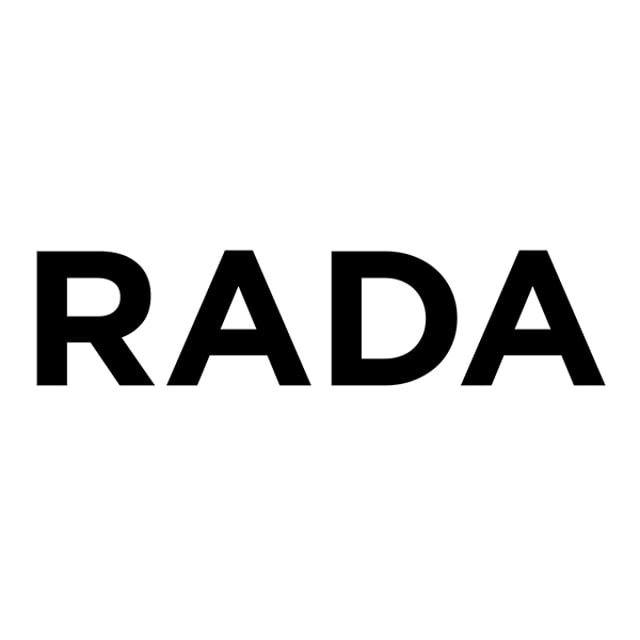
RADA
BA and MA courses in Acting as well as some short courses.
Location: Bloomsbury

Royal Birmingham Conservatoire
Formerly Birmingham School of Acting. Foundation level, BA and MA courses available in Acting, Applied Theatre as well as Music and Stage Management
Location: Birmingham
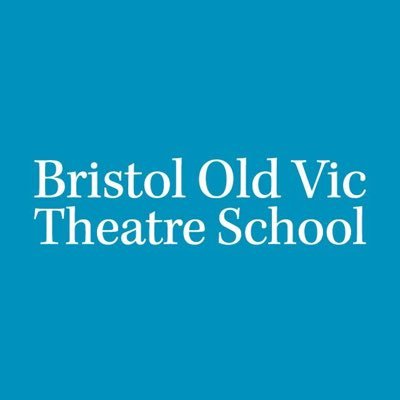
Bristol Old Vic Theatre School
Short courses and BA and MA courses in Acting.
Location: Bristol

Collective
Collective Acting Studio is a new drama school set up by some of the team from ALRA which closed last year. They are launching a new BA Acting course in 2023 which is very screen acting focussed – with 50% of the curriculum devoted to it.
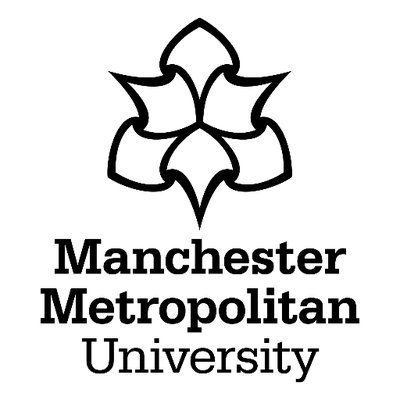
Man Met
Manchester Metropolitan’s (MMU) BA Acting course has a strong track record and you can apply to Student Finance.
Location: Manchester City Centre

Royal Welsh College of Music & Drama
BA course in Acting and MA course in Acting for Stage, Screen and Radio.
Location: Cardiff
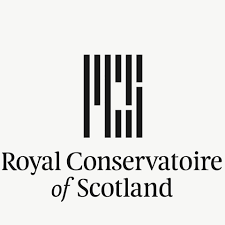
Royal Conservatoire of Scotland
Formerly known as Royal Scottish, they offer world class BA courses in Acting, Musical Theatre, Performing in Britsh sign language and Contemporary Performance Practice.
Location: Glasgow

East 15
Part of the university of Essex, East 15 Acting School offers a range of BA and MA courses including Acting, Acting and Community Theatre, Acting and Stage Combat, World Performance and Physical Theatre. Their training for all courses is very practical.
Location: Loughton or Southend

Mountview
A Foundation course, and a very wide range of BA and MA courses in Acting, Musical theatre and Technical Theatre, based in a new campus.
Location: Peckham

The Bridge
The Bridge Theatre Training Academy is another privately run school where government Student Finance does not apply but where some GA participants have achieved full scholarships. They offer a one year and a two-year professional acting course.
Location: Camden Town

